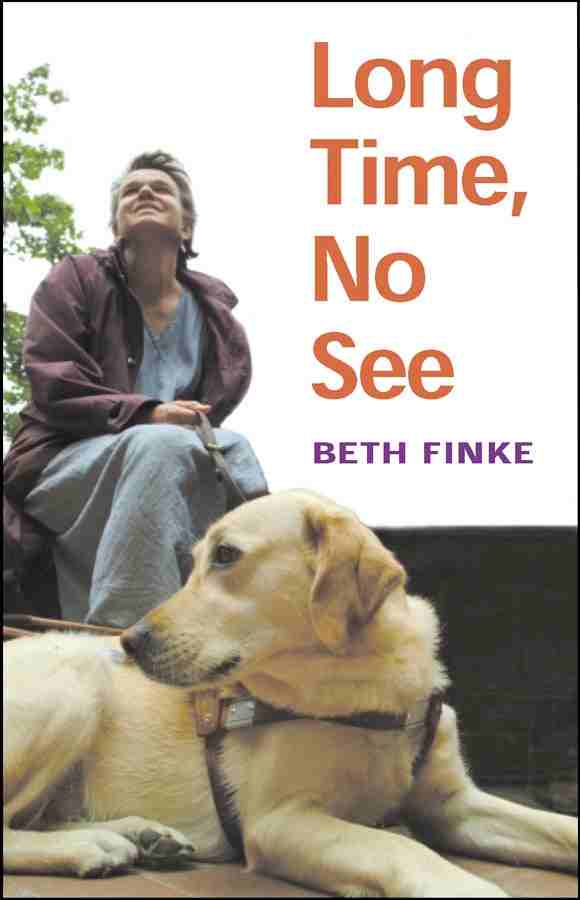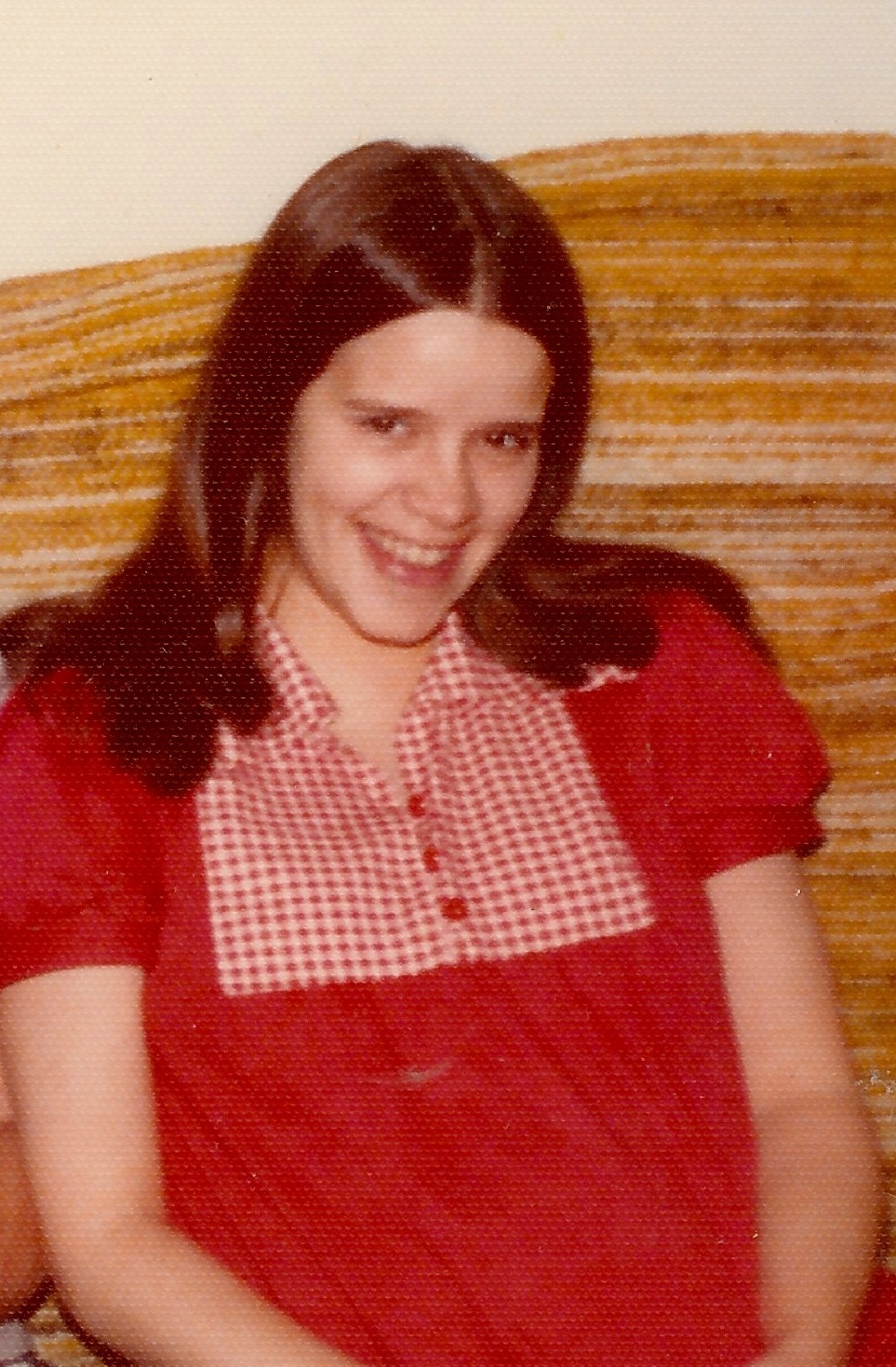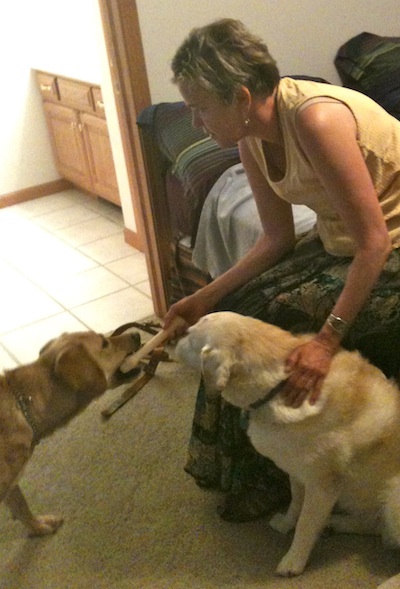I think the prize should really be a free night in a fancy hotel…
June 30, 2012 • 9 Comments • Posted in Beth Finke, blindness, Blogroll, careers/jobs for people who are blind, guide dogs, Seeing Eye dogs, technology for people who are blind, UncategorizedWithout being able to drive, I’ve always thought that blind people who use guide dogs — especially those of us who live in big cities — must walk more than the average person does. Now I have a chance to prove it.
Some of you blog readers know I have a part-time job at Easter Seals Headquarters here in Chicago — last week they started a six-week “Walk For U, Go The Extra Mile” challenge as part of their wellness program. Every employee received a free pedometer to keep track of progress for six weeks, and those of us who meet the daily goal of 7,000 steps per day — a distance of 3.5 miles — throughout the entire six weeks will be entered into a drawing to win a six-month fitness club membership.
The human resources department here realized I wouldn’t be able to read the number of steps I’d taken each day on my own, so they ordered a special talking pedometer for me — it says my results out loud. And so, I’m on my way to prove my theory.
The list of requirements for people applying to train with a Seeing Eye dog says candidates need to be able to walk one or two miles a day:
Applicant must be between the ages of 16 and 75, motivated and emotionally stable, capable of walking one to two miles a day, and able to receive and implement instruction.
In a post I published on the Easter Seals blog about all this, I explained that when you live in a city you can’t simply open a sliding glass patio door to let your guide dog out. I take Whitney down the street, around the corner and to her favorite tree at least four times a day. That’s 1,000 steps per trip. My talking pedometer counted out 12,157 steps the day I walked to Walgreens to pick up prescriptions, and that included a safety shortcut I take each way to cross State Street. Whitney and I walk down the subway stairs on one side, pad along under State Street and then ascend the stairs on the other side…safe & sound.
Not sure what Whitney and I will do with the free six-month fitness club membership when we win the “Walk For U, Go The Extra Mile” challenge at Easter Seals. Seems to me we already have a free pass to the gym: running errands in our neighborhood is like using a treadmill, and every El station is a StairMaster!



